What makes Japanese Shincha unique and special?
Shincha, also known as "new tea" or "first flush tea," holds a unique position among Japanese green teas, setting it apart from regular Sencha. Its distinct characteristics stem from the timing of its harvest and the freshness it embodies.
Shincha is exclusively made from the very first tender leaves and buds of the tea plant that emerge in early spring.
During the winter months, tea plants undergo a rest period that plays a crucial role in the development of the sought-after flavors found in Shincha. As temperatures drop and daylight hours shorten, the tea plants enter a dormant phase, redirecting their energy toward internal processes.
During this rest period, tea plants store essential minerals, nutrients, and compounds within their roots and stems. Notably, amino acids, such as L-theanine, are accumulated in higher concentrations. L-theanine contributes to the unique and delightful flavors found in Shincha, offering a savory and umami taste.
The accumulation of amino acids is a result of the tea plants' adaptive response to winter conditions. The reduced photosynthesis activity allows the plants to conserve energy and focus on building up nutrient reserves. This winter storage of minerals and amino acids prepares the tea plants for their vibrant reawakening in the spring.
As spring arrives and the tea plants awaken from their dormant phase, the first tender leaves and buds emerge. These young leaves contain a rich concentration of stored nutrients and flavors. The skilled tea farmers carefully harvest these fresh, delicate leaves to create Shincha, capturing the essence of the plant's rejuvenation and the unique taste it imparts.
The combination of the tea plants' rest period during winter and the subsequent harvesting of tender leaves in spring contributes to the exceptional flavors and aromas found in Shincha.
When I visit Japan during May and June, I'm always thrilled to see Shincha available almost everywhere. However, I've learned that not all Shincha is created equal. To truly find the best teas, I've developed my own way of judging them—by focusing on the purity of the soil they're grown in.
For me, it's essential to choose Shincha that comes from the cleanest soil possible. While not every one I encounter is fully organic, I go to great lengths to ensure that the fertilizers used are free from harmful chemicals. This meticulous approach makes a remarkable difference in how the tea feels, both physically and emotionally.
Discovering Shincha that is sourced from pristine environments is like finding a hidden gem. These teas embody the essence of nature, with flavors that are vibrant and refreshing, and a sense of purity that resonates with every sip.

As I explore different Shincha offerings, I pay close attention to the soil quality and the careful choices made by the farmers. This attention to detail is what sets apart exceptional Shincha from the rest. It's an exciting journey of exploration and discovery, searching for teas that capture the true essence of the season and reflect the dedication to sustainable and safe cultivation practices.
By selecting Shincha with the cleanest soil and safe fertilizers, I can truly feel a difference in the tea—knowing that each cup I enjoy is a testament to the careful craftsmanship and the natural beauty of the land. It's a personal quest to find teas that bring joy and a sense of connection with the earth, creating a delightful and meaningful tea experience.
Please check out all the new Japanese teas I discovered during my most recent trip here. It's been an exciting journey of exploration, and I'm personally curating each tea selection with great care. Although it's a bit slow since I'm writing descriptions for each tea on my own, I assure you that my collection of exquisite Japanese teas will be available online soon. Stay tuned for an array of remarkable flavors that will transport you to the captivating world of Japanese tea.
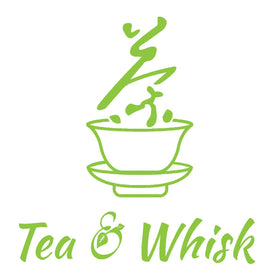
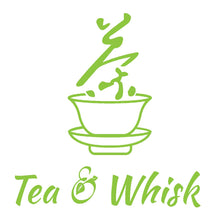
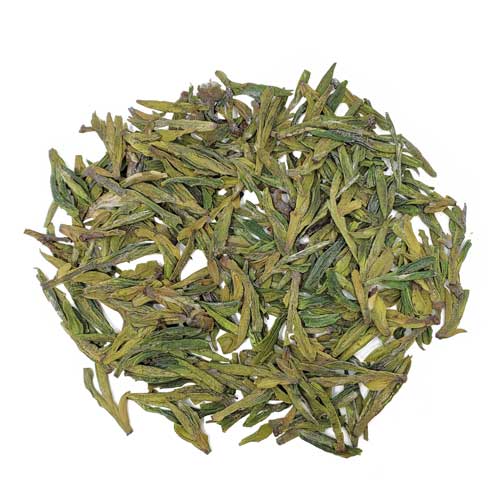
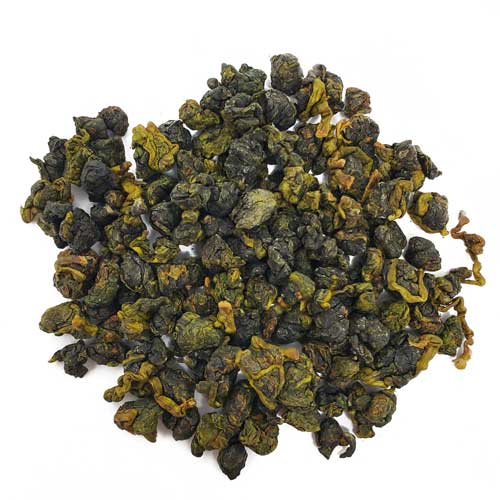
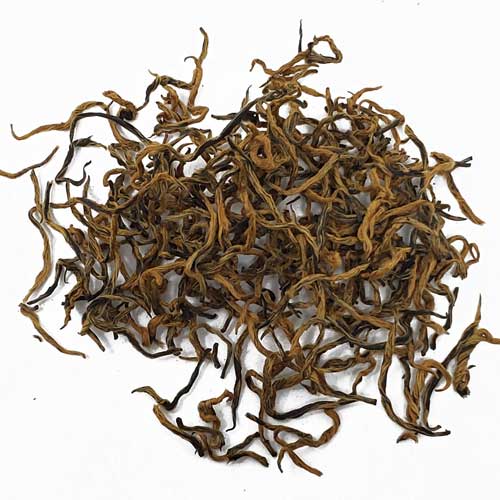
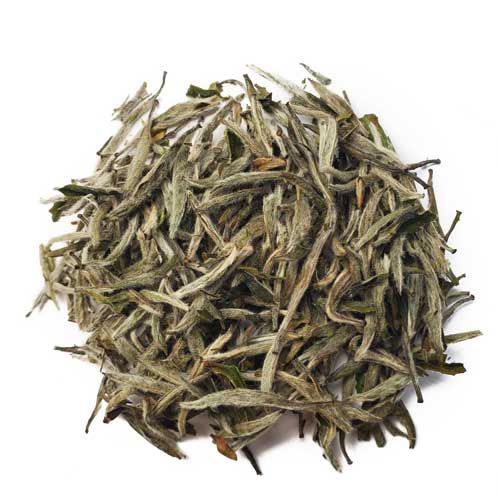
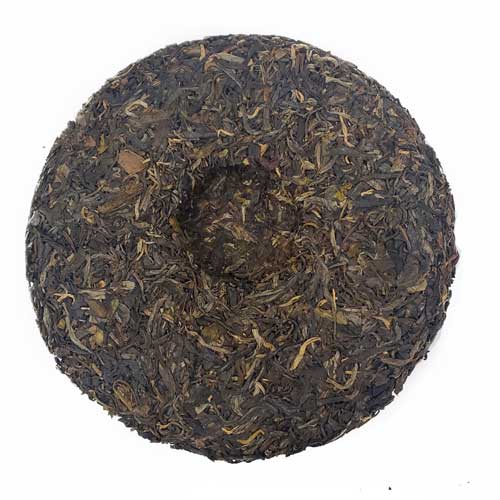
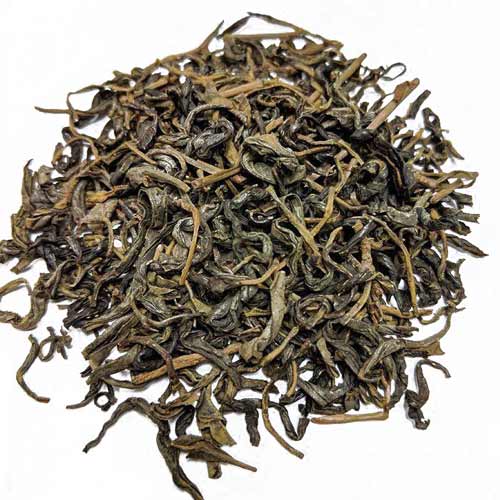
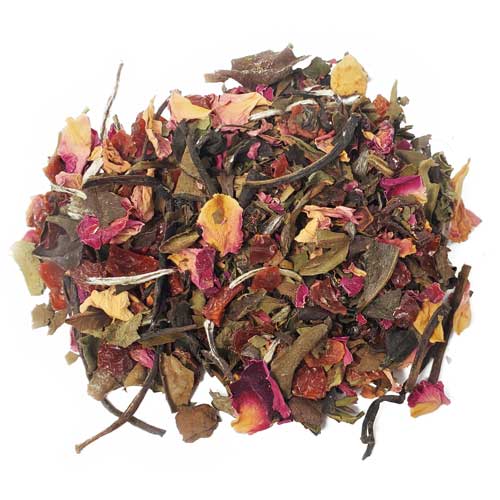
Leave a comment